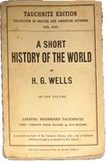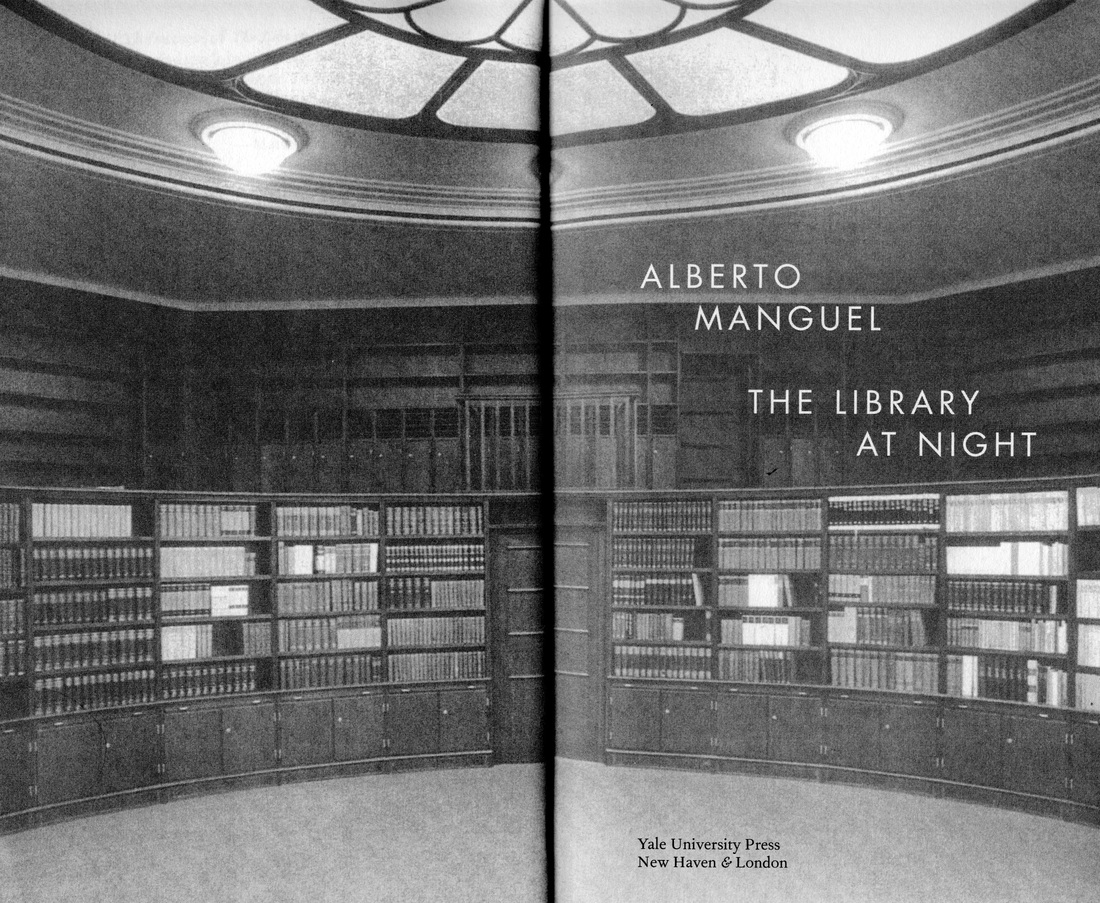|
In “Reinventing the Library,” an Op-Ed in the New York Times dated October 23, 2015 Alberto Manguel describes a collection of children’s books at Auschwitz-Birkenau: Libraries come in countless shapes and sizes. They can be like the Library of Congress or as modest as that of the children’s concentration camp in Auschwitz-Birkenau, where the older girls were in charge of eight volumes that had to be hidden every night so that the Nazi guards wouldn’t confiscate them.  I don’t know where to start to research this story. I wonder what the eight volumes were. What books brought comfort to children in the midst of hopelessness and horror? Did the books have pictures? Did the older girls read them to the little girls at night? Did a book possibly save a child’s life, give a single child the strength to endure until the liberation? Did a book remind a child of normalcy, of family, of love? Does anyone out there know where Manguel got this story from, where I could read more about it? Where did the children hide the books? The article also resonated with me as we had to decide what to do with my father’s books as we moved my parents into a rest home. My father grew up in a small town in Arkansas that did not have a library. He never had books as a child. As an adult he collected them feverishly, coffee table art books, cookbooks with beautiful photographs, gardening books, books about opera, and dictionaries and reference books. We couldn’t explain to him why the dictionaries and reference books were no longer valuable. His collection for him was symbolic, symbolic of the life he had built as a professor, as a lover of art, and as a family man who passed his love of books on to his daughters and grandchildren. Books provide comfort to the young and the old and become a part of one’s identity. Postscript: I ordered Alberto Manguel’s book, The Library at Night. I discovered that the secret library was in B lock 31, an extension of Auschwitz set up for propaganda purposes that housed five hundred children in a “family camp” to demonstrate that the Germans were not killing deported children. Books contained in the library were, H.G. Wells’s A Short History of the World, a Russian school textbook, and an analytical geometry text. Manguel also mentions the importance of stories that children memorized and told each other at night. Alberto Manguel discusses reading as an act of resistance to oppression. I dream about the children at Auschwitz reading to each other at night. I dream about my father trying to hold on to his library as he loses the ability to hear, the interact, to remember his past.
8 Comments
8/17/2017 05:34:04 pm
It sure has been an interesting book for me to read for the first time when I was able to read it. I am always interested to read almost every type of book for time pass.
Reply
9/23/2017 06:38:54 pm
The children's library is the best. I remember when I was a little kid, my mother and I used to go to the mall with a children's library in it. It was such a beautiful place and right after my classes, my mom and I would go straight to the children's library. They had all of the children's books there and they also have computer with educational games! It was also a very comfortable place to visit because they have sofas in them.
Reply
9/22/2018 02:27:10 am
Toko Online Spesialis Herbal Indonesia menyediakan obat herbal bermutu tinggi dengan tujuan memperbaiki performa kesehatan tubuh. Situs Kesehatan Spesialisherbal merupakan pusat obat herbal yang menjual obat herbal bermutu yang terpercaya di Nusantara.
Reply
7/14/2024 02:10:44 am
Your appreciation means a lot! It's like putting together a puzzle—finding the perfect word is like finding that missing piece that completes the picture of your writing. Keep practicing, and you'll definitely see progress!
Reply
Leave a Reply. |
Caroline McAlisterCaroline is an avid reader, children's writer, and teacher. She lives in North Carolina with her husband and dog. Check out her bio for more! Archives
February 2024
Categories
All
|

 RSS Feed
RSS Feed